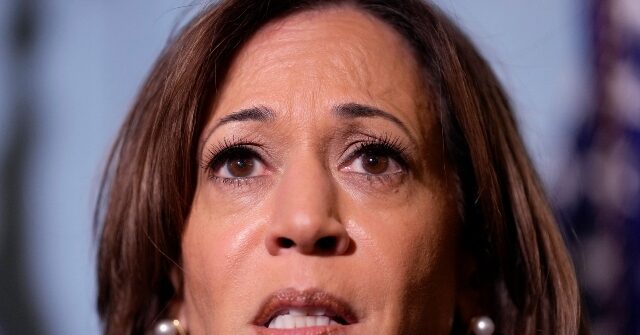The Washington Post’s decision to refrain from endorsing a candidate for the 2024 presidential elections has sparked sharp reactions from members of the Democrat Party and the mainstream media. This non-endorsement of Vice President Kamala Harris was perceived by many as a significant betrayal. Several writers at the Post expressed their outrage, viewing the decision as a “stab in the back.” Notably, Robert Kagan, the paper’s editor-at-large, resigned in protest. Publisher and CEO William Lewis clarified that the Post would be returning to its foundational policy of abstaining from endorsing presidential candidates, a departure from the practice that had become increasingly common in recent years.
The backlash was immediate and intense, with various media personalities, columnists, and political figures voicing their displeasure. Columnist Karen Attiah lamented the decision on social media, arguing that the editors’ choice undermined those who have committed their careers to protecting democratic values and human rights. She expressed that this moment was a deep betrayal, echoing the sentiments of many who believe that the press plays a crucial role in safeguarding democracy. Attiah’s language emphasized the emotional impact of the decision on those who rely on the media to advocate for accountability in governance.
Susan Rice, a former adviser to President Biden, added her voice to the chorus of criticism, calling the Post’s non-endorsement a “hypocritical, chicken shit move.” Her expression of disgust as a lifelong reader of the Post highlighted the discontent with perceived failures in the news industry to uphold its democratic responsibilities. Rice’s comment reflecting her disappointment suggested that the paper’s recent actions were inconsistent with its foundational mission of accountability and transparency. This view was echoed by others who felt that the absence of an endorsement signaled a troubling complacency.
Skyler Johnson, chair of the Suffolk Young Democrats, also took to social media with a biting critique, arguing that the Post’s motto, “Democracy Dies in Darkness,” now felt ironic if not disingenuous. Johnson’s remarks underscored the disillusionment among younger activists, who increasingly view the media as failing to serve the public’s best interests. Critiques of the press’s role in securing democratic freedoms were common, with many arguing that such non-endorsement moves reflect a deeper societal issue where the media is perceived as shying away from critical truths.
In a broader political context, some lawmakers like Representative Ted Lieu weighed in, suggesting that the Post’s decision plays into a larger narrative of media capitulation in the face of potential authoritarianism. Lieu’s comments comment echoed fears that a compliant press may contribute to the rise of fascism. Former sports anchor Keith Olbermann took a less restrained approach, suggesting that democracy itself was at risk concerning the current state of journalism, framing the Post’s decision as a worrying indicator of media integrity.
This non-endorsement by the Washington Post follows a similar move by the Los Angeles Times, which, in a historic shift, also decided not to back any candidate for the 2024 elections. This phenomenon represents a growing trend among major newspapers in the U.S., reflecting internal debate over the role of editorial endorsements in an increasingly polarized political climate. Former presidents and prominent political figureheads from the Democratic Party, including Joe Biden and Barack Obama, have previously received endorsements from the LA Times, making its decision to abstain significant. Overall, the turmoil stirred by the Washington Post highlights deepening divisions within the party and raises questions about media integrity and their role in upholding democratic principles during an election that is anticipated to be highly contentious.

